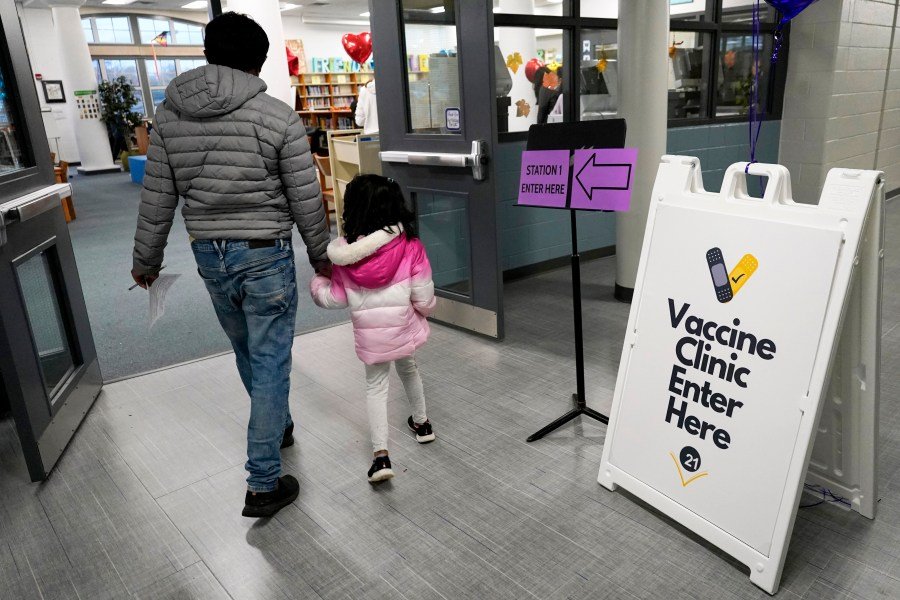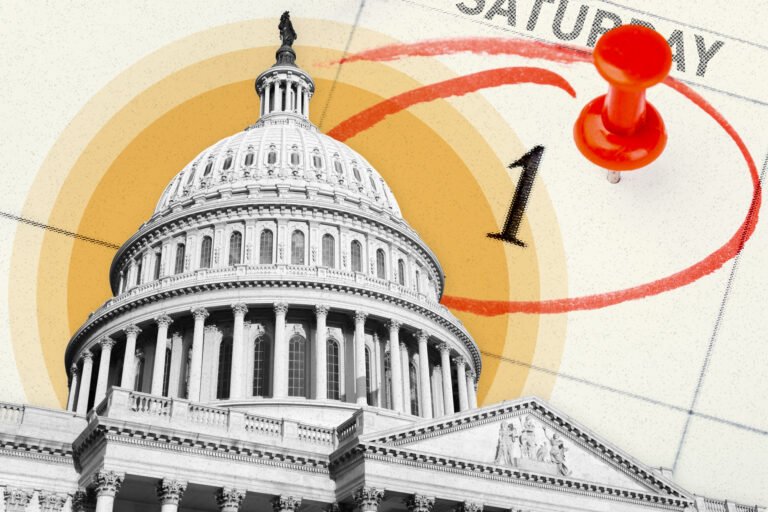
The American Academy of Pediatrics’ decision to break with federal guidance on recommend COVID-19 vaccinations for young children represents more than a policy disagreement.
This unprecedented divergence — the first substantial break between the academy and the Centers for Disease Control and Prevention’s recommendations in three decades — illuminates a deeper crisis: What happens when public health guardians become captured by ideology rather than guided by evidence?
The American Academy of Pediatrics’ position becomes comprehensible within the context of systematic dismantling of established scientific review processes.
When Health Secretary Robert F. Kennedy Jr. dismissed the entire 17-member Advisory Committee on Immunization Practices and replaced them with seven appointees including vaccine skeptics, he fundamentally altered the foundation of federal vaccine policy.
The subsequent exclusion of the American Academy of Pediatrics, American Medical Association and other medical organizations from advisory roles represents regulatory capture in reverse: ideology capturing the regulatory apparatus.
This forced the academy into an untenable position: Maintain traditional deference to federal guidance — thereby endorsing recommendations they viewed as scientifically unsound — or assert independent authority based on evidence review. Their choice reveals institutional resilience when democratic norms governing scientific policy-making collapse.
What makes the academy’s stance compelling is its methodological conservatism. The organization didn’t abandon evidence-based medicine; it doubled down on it.
Their recommendation that children between ages six months to two years receive COVID-19 vaccination rests on robust data showing this population faces higher risks of severe outcomes — the same evidence that guided previous federal recommendations before political considerations intervened.
This creates a paradox: To preserve evidence-based practice, professional societies must rebel against federal agencies charged with translating evidence into policy. The American Academy of Pediatrics’ rebellion is actually just institutional conservatism — preserving scientific integrity against political disruption.
The fracturing of centralized vaccine authority now extends beyond professional societies to state governments.
Florida’s announcement that it will eliminate all vaccine mandates — including decades-old school immunization requirements — represents another dimension of this institutional revolt, albeit one that rejects population-level immunization policy entirely rather than defending evidence-based approaches.
Health and Human Services spokesperson Andrew Nixon’s response, accusing the American Academy of Pediatrics of “undermining national immunization policymaking with baseless political attacks,” reveals the administration’s misunderstanding. The academy isn’t engaged in political attack; it is preserving science.
When Nixon argues that the academy puts “commercial interests ahead of public health” due to pharmaceutical donations, he conflates all institutional support with corruption while ignoring that the current federal approach represents ideological rather than commercial capture.
This conflict creates an inadvertent experiment in distributed medical authority.
Rather than centralize evidence synthesis in federal agencies, we have now developed parallel systems — federal recommendations guided by reconstituted advisory panels with skeptical mandates, and professional society recommendations maintained through traditional evidence review.
This distributed model may prove more resilient than centralized approaches.
When the Vaccine Integrity Project reached conclusions “very consistent” with the American Academy of Pediatrics’ recommendations through independent systematic review, it suggested rigorous evidence evaluation tends toward convergent conclusions.
Multiple independent analyses may provide stronger foundations than single-source federal guidance, particularly when that guidance reflects political rather than scientific considerations.
Pediatricians and obstetricians now navigate conflicting recommendations from federal agencies and professional societies — a burden the original federal system was designed to alleviate.
Yet this may strengthen clinical decision-making by forcing practitioners to engage directly with underlying evidence rather than rely on algorithmic adherence to federal guidance.
The CDC’s recommendation for “shared clinical decision-making“ regarding pediatric COVID-19 vaccination essentially delegates complex epidemiological analysis to individual patient encounters — a fundamental abdication of the federal role in evidence synthesis.
When federal agencies decline to make clear recommendations based on available evidence, they shift the burden to professional societies and individual clinicians.
This suggests the emergence of “medical federalism” — where professional societies, state health departments and individual institutions maintain independent capacity for evidence evaluation and recommendation-making.
While such distributed authority might appear chaotic compared to unified federal guidance, it may prove more robust against both regulatory capture and institutional failure.
The American Academy of Pediatrics’ willingness to diverge from federal recommendations establishes precedent for professional society independence.
If sustained, this could create competitive pressure for evidence quality — federal agencies would need to demonstrate superior scientific rigor to maintain authority, rather than relying on bureaucratic position alone.
This conflict will likely determine the future structure of American medical authority. If the academy’s independent stance proves sustainable and is adopted by other professional societies, we may see permanent changes in how evidence translates into clinical practice.
Rather than institutional breakdown, this represents institutional evolution — developing more resilient, distributed systems for maintaining scientific integrity under political pressure.
The ultimate test will be patient outcomes.
If children receiving care guided by American Academy of Pediatrics’ recommendations fare better than those receiving care guided by federal recommendations, it will vindicate both the academy’s specific position and their assertion of independent authority based on evidence review.
The American Academy of Pediatrics’ break with federal guidance represents a crucial test of whether American medicine can maintain scientific integrity when federal institutions abandon their evidence-based mandate.
Their choice to prioritize evidence over institutional deference may prove essential for preserving the scientific foundations of medical practice in an era of increasing politicization of public health.
Y. Tony Yang is a professor of health policy at the George Washington University’s School of Nursing and Milken Institute School of Public Health.


